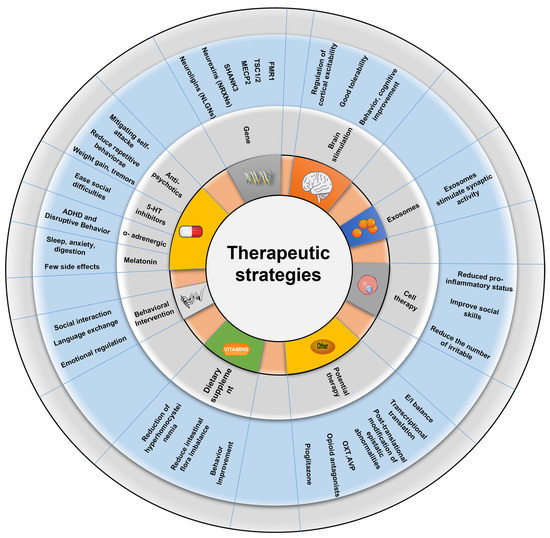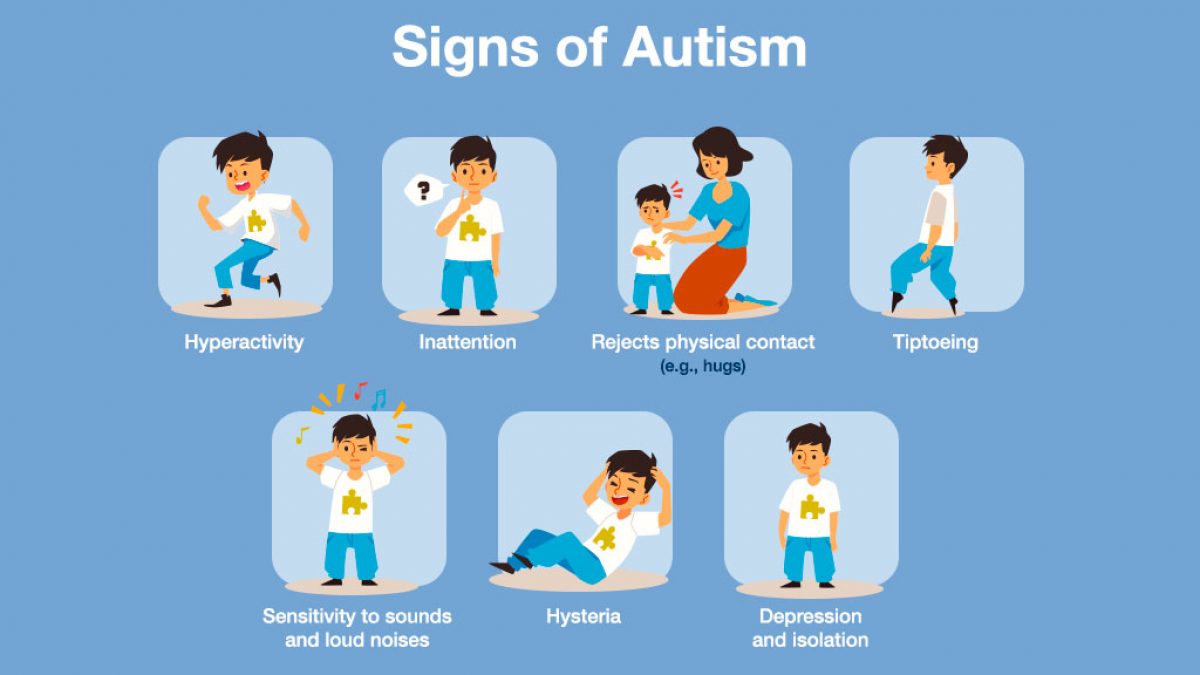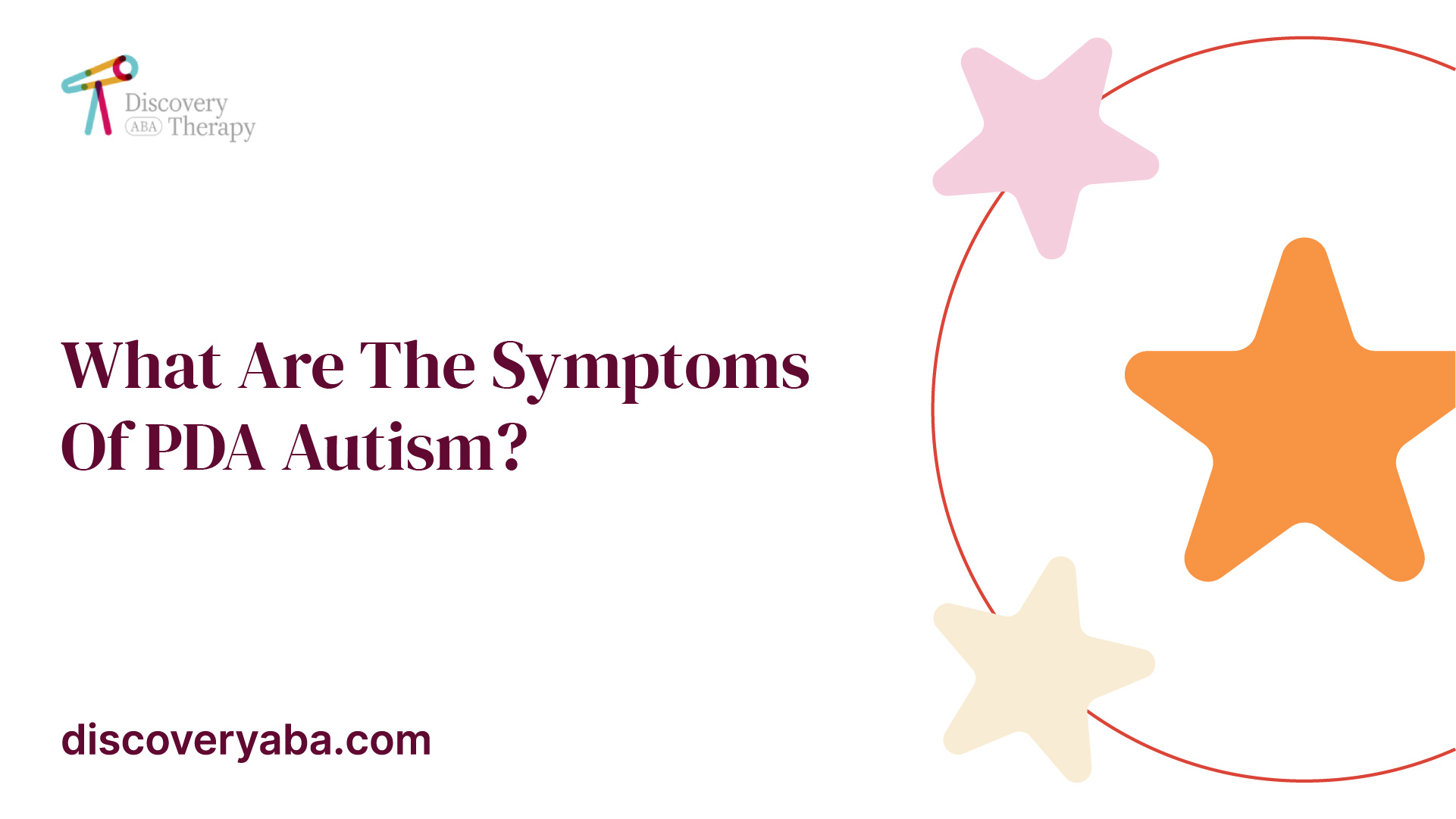Exploring Effective Approaches for Sustaining Individuals With Behavioral Autism
Sustaining people with behavioral autism requires a nuanced understanding of their one-of-a-kind requirements. What particular methods can you execute to ensure these people thrive?
Understanding Behavioral Autism: Trick Features and Challenges
When you begin to comprehend behavioral autism, you'll observe several vital qualities and challenges that specify the experience for individuals. Social communications could be challenging; individuals may find it tough to review social signs, leading to misconceptions in relationships.
Additionally, sensory level of sensitivities prevail, causing pain in settings with loud sounds or brilliant lights. These challenges can lead to anxiety or stress, influencing every day life. It's crucial to acknowledge that each individual is distinct, and their experiences may differ. Understanding these attributes allows you to approach support with empathy, fostering a favorable connection that can enhance their health and urge growth.
The Value of Personalized Interventions
When it concerns supporting people with behavioral autism, individualized interventions are important. By developing tailored intervention plans that concentrate on specific toughness, you can considerably enhance their advancement. Collaborating with assistance groups ensures everyone is lined up in providing the ideal care feasible.
Tailored Treatment Plans
Producing tailored intervention strategies is crucial for successfully supporting people with behavior autism, as each person's obstacles, requirements, and strengths vary considerably. Beginning by gathering detailed information about the individual, including their preferences, triggers, and past experiences. This versatility not just cultivates involvement yet likewise promotes a sense of ownership and empowerment for the individual.
Individual Toughness Evaluation
An individual strengths evaluation is necessary for establishing tailored treatments for individuals with behavioral autism. By concentrating on each person's special abilities, you can produce strategies that reverberate with their interests and abilities. This approach not just boosts engagement however also improves positive self-image.
When you determine strengths, like phenomenal memory or imaginative skill, you can customize interventions that take advantage of these areas. This not just makes finding out more efficient yet additionally fosters a sense of achievement. Keep in mind, every person has one-of-a-kind capabilities; acknowledging them equips you to craft purposeful experiences.
Incorporating these strengths into restorative techniques and daily routines can cause boosted outcomes. Eventually, focusing on strengths assurances that interventions are not just efficient yet likewise enhancing for the individual.
Collaborative Support Teams
Acknowledging individual strengths sets the phase for creating joint support teams that concentrate on customized interventions. By uniting professionals, member of the family, and the people themselves, you produce a helpful network that tailors approaches to meet details demands. Each staff member contributes unique understandings, ensuring a detailed technique that resolves behavior challenges properly.
You'll discover that collaboration cultivates open communication, permitting constant responses and modifications. This adaptability is important, as it helps every person engaged remain straightened with the individual's objectives and choices. Additionally, involving in this team-based technique empowers individuals with autism, advertising their self-advocacy and confidence. Inevitably, individualized treatments created with joint support groups result in even more meaningful development and a better high quality of life.
Evidence-Based Communication Techniques

When working with people on the autism range, using evidence-based communication strategies can considerably enhance their capability to attach and reveal themselves. Utilizing aesthetic supports, like photo schedules or communication boards, assists clear up expectations and promotes self-reliance. Streamlining language and making use of concrete terms enables far better understanding, reducing disappointment.
Integrating social stories can prepare individuals for different scenarios, showing them proper feedbacks and behaviors. Motivating using assistive modern technology, such as speech-generating tools, encourages people to interact a lot more successfully. Furthermore, utilizing constant routines and predictable environments can supply a sense of safety, making communication much more effective.
Remember to be person and provide time to refine your words. Taking part in energetic listening, where you show their thoughts and sensations, can reinforce your connection. By executing these techniques, you'll develop a much more encouraging interaction environment for individuals with autism.
Developing Helpful Environments
Developing helpful environments for people with behavioral autism begins with carrying out structured regimens that offer predictability and safety and security. You'll additionally intend to design sensory-friendly rooms that deal with private demands, decreasing overwhelming stimulations. Furthermore, making use of positive support techniques can urge preferred actions and foster a feeling of achievement.
Structured Regular Implementation
Developing an organized routine can substantially boost the environment for individuals with behavioral autism. By producing a regular timetable, you give predictability, which can reduce anxiety and confusion. A well-structured environment cultivates freedom and self-confidence, sustaining their total growth.
Sensory-Friendly Spaces Style

Favorable Support Strategies
When you include positive reinforcement techniques into your method, you can substantially enhance the knowing and behavioral outcomes for individuals with autism. This includes acknowledging and awarding preferred habits, which motivates rep of those behaviors. Begin by identifying what motivates the specific-- be it commend, tokens, or special activities. Strengthen positive actions quickly to develop a clear connection between behavior and incentive. Uniformity is vital; guarantee that every person associated with their care uses the same support techniques. You can additionally slowly raise the intricacy of tasks as people come to be much more comfortable, enhancing their development. By developing a setting where positive habits are acknowledged, you promote self-confidence and a sense of accomplishment, eventually sustaining their development and health.
Collaborative Methods: Working With Specialists and households

Involving family participants in decision-making empowers them and enhances their capability to support their liked ones. Experts, including instructors and therapists, can supply valuable sources and training that additionally aid households.
You ought to also appreciate each party's viewpoint, identifying that family members understand their kid best while experts bring specialized expertise. By crafting personalized plans with each other, you produce a customized approach that addresses unique demands. Autism Behavioral Therapy. Ultimately, this collaboration not only profits the private with autism but additionally strengthens the support network surrounding them, making it much more reliable and natural
Including Social Abilities Educating
Structure on the strong collaborations created in between experts and families, integrating social skills training can greatly improve the assistance given to individuals with behavioral autism. This training helps you educate crucial interaction skills, such as starting conversations, understanding non-verbal hints, and responding suitably in social situations.
By utilizing structured activities, role-playing, and real-life situations, you create chances for method in a safe setting. Motivate individuals to take part in group settings where they can involve with peers, promoting friendships and boosting their comfort in social contexts.
It is very important to tailor the training to each person's one-of-a-kind strengths and difficulties, guaranteeing they feel qualified and certain. Consistently integrating feedback from both specialists and family members can fine-tune these methods, making social abilities educating extra reliable. Eventually, you're encouraging people with the tools they require to browse social interactions efficiently and build purposeful partnerships.
Checking Progress and Adjusting Approaches
As you apply social skills training, it's vital to keep track of progression and change methods appropriately. Maintain track of actions, keeping in mind renovations and troubles. Usage devices like lists or graphes to envision growth and identify patterns. Regularly assess your monitorings to assess what's functioning and what isn't.
Involve the person in reflection, asking how they really feel concerning their progress and what obstacles they encounter. This responses is invaluable for tailoring your method. Don't wait to change them. if specific methods aren't producing outcomes.
Integrate a variety of strategies to keep the training dynamic and interesting. Team up with various other caretakers or experts for fresh point of views and understandings. Bear in mind, versatility is key; what jobs today may not function tomorrow. By staying conscientious and receptive, you develop an atmosphere that cultivates growth and development. Constantly celebrate success, regardless of how tiny, to encourage continued effort and excitement.
Often Asked Questions
What Are the Common Misconceptions Regarding Behavioral Autism?
You might believe behavioral autism just impacts interaction, but it incorporates far more. Numerous think all individuals with autism act the exact same, disregarding their unique traits and abilities. It's vital to comprehend everyone's differences.
Just How Can Innovation Help in Sustaining People With Behavioral Autism?
Modern technology can enhance communication, providing devices like apps for social skills and behavior monitoring. You can utilize online Autism Therapist truth for immersive experiences, and wearable tools can keep an eye on emotions, helping you support individuals successfully.
What Duty Do Sensory Handling Issues Play in Behavioral Autism?
Sensory handling issues can substantially impact habits. You may observe that overwhelming sensory input brings about anxiety or meltdowns. Understanding these obstacles assists you develop a more encouraging environment for individuals experiencing sensory overload.
Exist Details Dietary Suggestions for People With Behavior Autism?
Yes, details dietary recommendations can help. You might consider a gluten-free or casein-free diet plan, which some find valuable (Aba Therapist). Always consult a health care expert before making significant modifications to assure it's best for you or your liked ones
Just How Can Peers Be Educated to Assistance Individuals With Behavioral Autism?
To inform peers, you can arrange workshops, develop helpful products, and motivate seminars. Involving tasks, like role-playing scenarios, help them comprehend challenges dealt with by people, cultivating empathy and reliable support within the community.
Checking Out Reliable Approaches for Sustaining People With Behavioral Autism.
Developing tailored intervention plans is important for efficiently supporting people with behavior autism, as each individual's staminas, challenges, and needs vary substantially.A private strengths analysis is important for developing individualized interventions for individuals with behavioral autism.To sustain individuals with behavioral autism, developing sensory-friendly areas is crucial, as it can significantly enhance their comfort and focus.Collaborative methods are crucial for sustaining individuals with behavioral autism, as they foster a solid collaboration in between households and specialists.
Comments on “Top benefits of routine-based learning guided by an Autism Therapist approach”